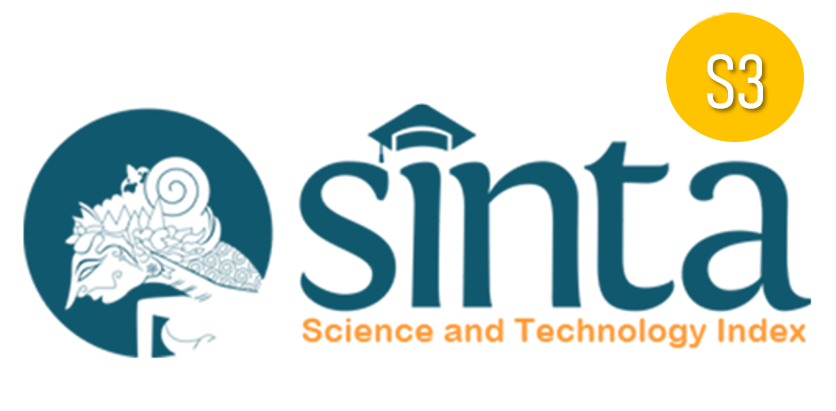Online Learning and Academic Performance of Bachelor of Physical Education Students
Abstract
Keywords
Full Text:
PDFReferences
Al-Balas, M., Al-Balas, H. I., Jaber, H. M., Obeidat, K., Al-Balas, H., Aborajooh, E. A., Al-Taher, R., and Al-Balas, B. (2020). Distance learning in clinical medical education amid COVID-19 pandemic in Jordan: current situation, challenges, and perspectives. BMC medical education, 20(1), 1-7.
Blackmon, S. J., and Major, C. (2012). Student experiences in online courses a qualitative research synthesis. Quarterly Review of Distance Education, 13(2). 77-85.
Brittany, G. (2015). Online learning revealing the benefits and challenges. St. John Fisher College, 4, 32.
Chen, T., Peng, L., Yin, X., Rong, J., Yang, J., and Cong, G. (2020). Analysis of user satisfaction with online education platforms in china during the covid-19 pandemic. Healthcare, 8(200), 1-26.
Chung, E., and Mathew, V. N. (2020). Satisfied with online learning amidst covid-19, but do you intend to continue using it? International Journal of Academic Research in Progressive Education and Development, 9(4), 67-77.
Coman, C., Țîru, L. G., Meseșan-Schmitz, L., Stanciu, C., and Bularca, M. C. (2020). Online teaching and learning in higher education during the coronavirus pandemic: Students’ perspective. Sustainability, 12(24), 10367.
Costley, J., and Lange. C. (2016). The effects of instructor control of online environments on satisfaction and perceived learning. The Electronic Journal of e-Learning, 14(3), 169-180.
Dennen, V. P., Aubteen Darabi, A., and Smith, L. J. (2007). Instructor–learner interaction in online courses: The relative perceived importance of particular instructor actions on performance and satisfaction. Distance Education, 28(1), 65-79.
Engzell, P., Frey, A., and Verhagen, M. D. (2021). Learning loss due to school closures during the COVID-19 pandemic. Proceedings of the National Academy of Sciences of the United States of America, 118(17), e2022376118.
Harsasi, M., and Sutawijaya, A. (2018). Determinants of student satisfaction in online tutorial: a study of a distance education institution. Turkish Online Journal of Distance Education-TOJDE, 19(1), 89-99.
DOI: https://doi.org/10.17509/ijert.v1i3.41604
Refbacks
- There are currently no refbacks.
Copyright (c) 2021 Universitas Pendidikan Indonesia

This work is licensed under a Creative Commons Attribution-ShareAlike 4.0 International License.







.png)




